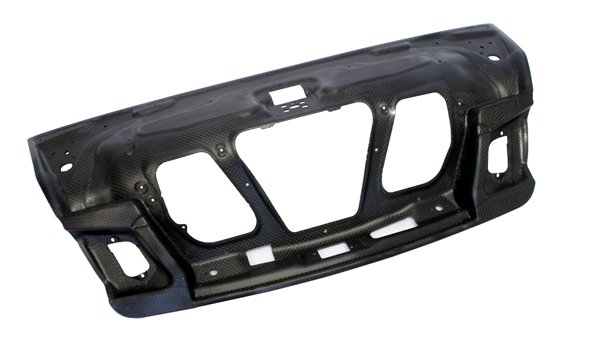The HP-RTM process is suitable for series production of composite components in terms of cycle times, but still poses a challenge in terms of robustness and reliability.
This characteristic leads to relatively high reject rates and makes the process unprofitable for many applications.
A major reason for this is the manual process data acquisition. A transfer of process data along the individual process steps as well as their use for a quality assessment (QA) does not take place according to the current state of the art. The PREDATOR research project now provides a remedy. Within the project, a reliable HP-RTM process for industrial large scale production using intelligent data processing systems will be developed.
Data will be acquired and transferred through the process chain (molding to post- processing) for monitoring the processing conditions.
This allows to predict the maintenance intervals of the HP-RTM mold based on the generated process data that is also used for optimizing the milling parameters.
In the milling process, integrated sensors monitor the components structure borne sound for tool wear and part QA prediction.
Up to 30% of the total production costs could be saved by changing from a 100% inspection to a milling-process-integrated QA.


